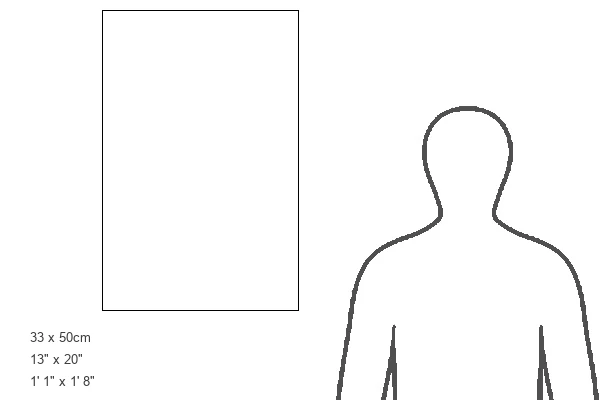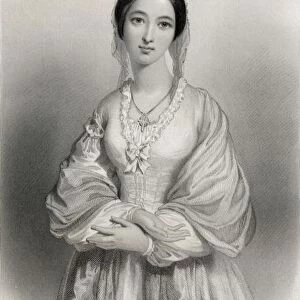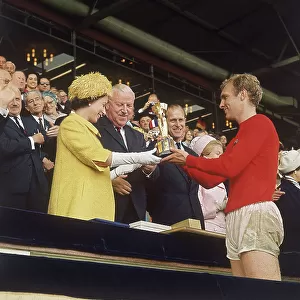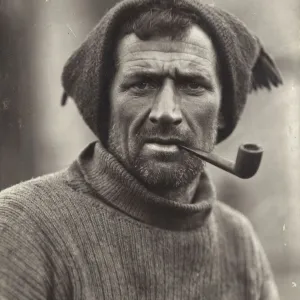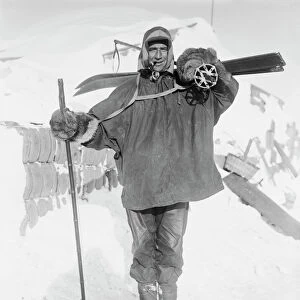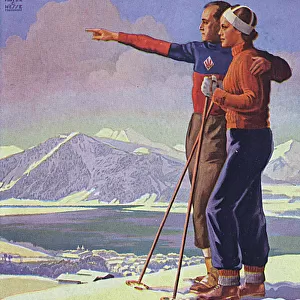Tote Bag > Arts > Street art graffiti > Portraits > Fine art
Tote Bag : Mary Seacole
![]()

Home Decor from Mary Evans Picture Library
Mary Seacole
Mary Jane Seacole (1805-1881), Jamaican born British Crimean War nurse, portrait. Also known as Mother Seacole
Mary Evans Picture Library makes available wonderful images created for people to enjoy over the centuries
Media ID 1581575
© Mary Evans Picture Library 2015 - https://copyrighthub.org/s0/hub1/creation/maryevans/MaryEvansPictureID/10290324
Canvas Tote Bag
Our tote bags are made from soft, durable, poly-poplin fabric and include a one inch (2.5cm) black strap for easy carrying on your shoulder. All seams are double-stitched for added durability. Each tote bag is machine-washable in cold water and is printed on both sides using the same image. Approximate size of bag is 50x33cm (20"x13")
Our tote bags are made from soft durable fabric and include a strap for easy carrying
Estimated Product Size is 32.7cm x 50cm (12.9" x 19.7")
These are individually made so all sizes are approximate
FEATURES IN THESE COLLECTIONS
> Arts
> Street art graffiti
> Portraits
> Fine art
> North America
> Jamaica
> Related Images
EDITORS COMMENTS
Mary Jane Seacole (1805-1881): A Pioneering Nurse in the Crimean War This evocative portrait captures the indomitable spirit of Mary Jane Seacole, a Jamaican-born British nurse who made history during the Crimean War. Born in Kingston, Jamaica, Seacole defied societal norms and racial prejudices to provide much-needed medical care to wounded soldiers during this pivotal conflict. Seacole, also known as 'Mother Seacole,' was a trailblazer in her field. She established the 'British Hotel' near the Battle of Balaclava, providing food, shelter, and medical care to soldiers. Her services were invaluable, as the official medical facilities were ill-equipped to handle the influx of wounded soldiers. Seacole's nursing skills and compassion earned her the respect and admiration of both soldiers and officers. Despite her crucial contributions, Seacole's heroism was often overlooked in the annals of history. She returned to England after the war, but was met with little recognition or financial compensation. Undeterred, she continued to advocate for herself and her fellow nurses, eventually gaining some measure of recognition in her later years. This portrait, taken likely in the late 19th century, captures Seacole's resilience and determination. Her piercing gaze and steely expression convey a woman who refused to be defined by her race or gender, but rather, by her unwavering commitment to caring for those in need. Seacole's legacy continues to inspire generations, as a testament to the power of perseverance and the importance of recognizing the contributions of unsung heroes.
MADE IN THE UK
Safe Shipping with 30 Day Money Back Guarantee
FREE PERSONALISATION*
We are proud to offer a range of customisation features including Personalised Captions, Color Filters and Picture Zoom Tools
SECURE PAYMENTS
We happily accept a wide range of payment options so you can pay for the things you need in the way that is most convenient for you
* Options may vary by product and licensing agreement. Zoomed Pictures can be adjusted in the Basket.



